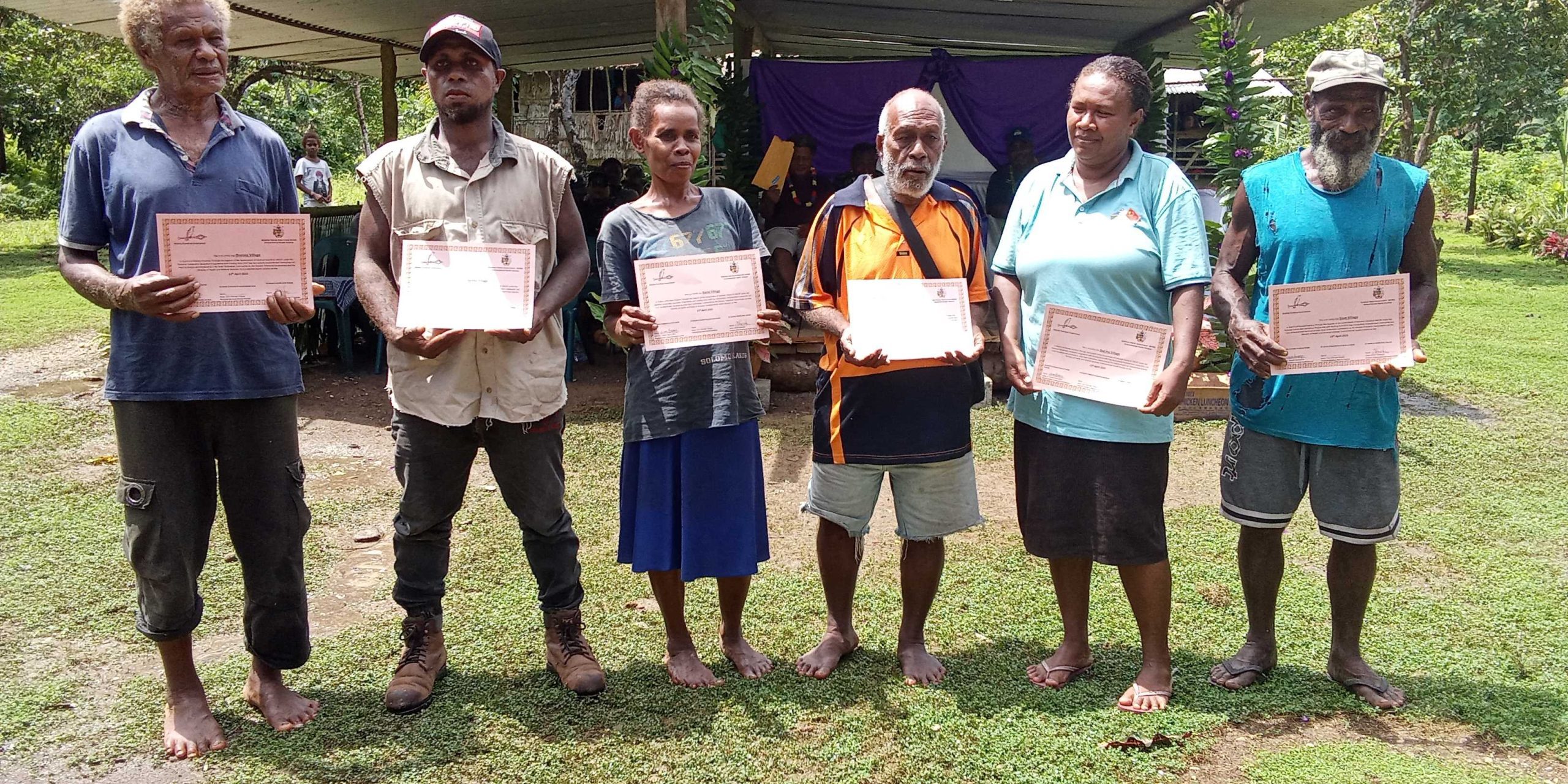IN a major milestone for public health and sanitation, seven communities in Malaita Province have officially been declared Open Defecation Free (ODF) fortnight ago.
The communities of Suama, Bariki, Onelalo, Sareko, Saue, Mamarakwe, and Kikiri celebrated the achievement during a ceremony attended by the Member of Provincial Assembly (MPA) for the ward 6, representative from UNICEF, officials from the Ministry of Health and Medical Services (MHMS), official from the Malaita provincial government and local leaders.
This declaration marked a transformative step for the communities in improving hygiene and public health through access to safe and proper toilet facilities.
“For our communities, this is more than just having toilets, it’s about living in a clean and safe environment.
“We’ve come a long way and faced many challenges, but today we celebrate a historic milestone,” said Lerry Liufai a young leader from Suama.
Liufai highlighted how the new facilities have eliminated unsafe practices where residents previously defecated in bushes and along the seaside.
“This not only restores pride but also knowingly reduces the risk of diseases such as diarrhea and cholera,” he said.
UNICEF WASH program officer Erick Hale commended the collective effort of the communities.
“We’re proud of how people came together, using their own skills and resources to build their toilets.
“It’s a testament to what can be achieved through unity and determination,” he said.
Richard Maegerea, Director of Nursing at the Malaita Provincial Health Authority, praised the program for its health impact.
“At a time when our country is experiencing a shortage of medicines, it’s vital that communities take active steps to protect their health,” he said.
He also acknowledged the importance of community participation and awareness.
“Proper sanitation doesn’t just reduce illness it also protects the environment.
“By minimizing contamination of rivers, seas, and surrounding areas, these communities are fostering a healthier, more sustainable relationship with nature,” he added.
The journey of these communities toward achieving NOD status was made possible through technical support funded by the Australian Government through the Department of Foreign Affairs and Trade (DFAT), and UNICEF.
This effort was carried out in close partnership with the Ministry of Health and Medical Services (MHMS) and the Rural Water, Sanitation and Hygiene (RWASH) program.
By SOLOMON LOFANA
Solomon star, Auki
Photo caption: Representatives from the seven communities with the certificates









